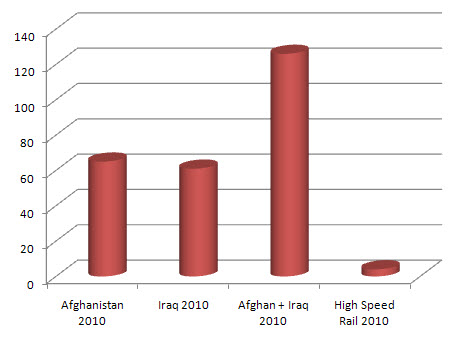Barack Obama recently announced that the way to prevent future economic collapses is to put a new tax the big banks. For me, this was just one more in a long line of dreadful responses out of the White House. Who does he think is going to ultimately pay that tax? Further, how could a tax possibly keep big Wall Street banks from taking reckless gambles, and how is it that having a pool of tax money would mean that Washington DC wouldn't again jump in to "save the banks" with huge doses of tax dollars during the next cataclysmic crash? As long as there are banks that are "too big to fail," the federal government will jump in a most co-dependent of ways.
I just read an FT.com article by economist Simon Johnson, who reassured me that my instincts were on target.
This week, the US Treasury pulled its latest rabbit out of the hat: a tax on the liabilities of large banks. The Obama administration argues that, by penalising large institutions with such taxes, we can limit their future risk-taking. This logic is deeply flawed. Why would higher funding costs mean you gamble less? If you know Tim Geithner is waiting to bail you out, you may gamble more heavily in order to pay the tax. The UK “reforms” look equally unpromising.
Johnson also spells out what IS needed:
First, we must sharply raise capital requirements at leveraged institutions, so shareholders rather than regulators play the leading role in making sure their money is used sensibly. This means tripling capital requirements so banks hold at least 20-25 per cent of assets in core capital.
Second, we need to end the political need to bail out every institution that fails. This can be helped by putting strict limits on the size of institutions, and forcing our largest banks, including the likes of Goldman Sachs and Barclays, to become much smaller.
For reasons I truly don't understand, Obama is refusing to stand up and use his magnificent eloquence to make a case for meaningful financial reform. This has been a slow-motion train wreck for the past year, and
he's about to allow the chance to create a CFPA slip away. He needs to join Elizabeth Warren in an almost constant assault on these highly monied amoral corporations (and their enablers in Congress) that it's time for real reform. As Warren (who IS out there fighting a good fight) says, "The problem is that a strong CFPA directly threatens the banks' ability to sell confusing, deceptive, fee-heavy financial products that generate huge profits, Warren said."


